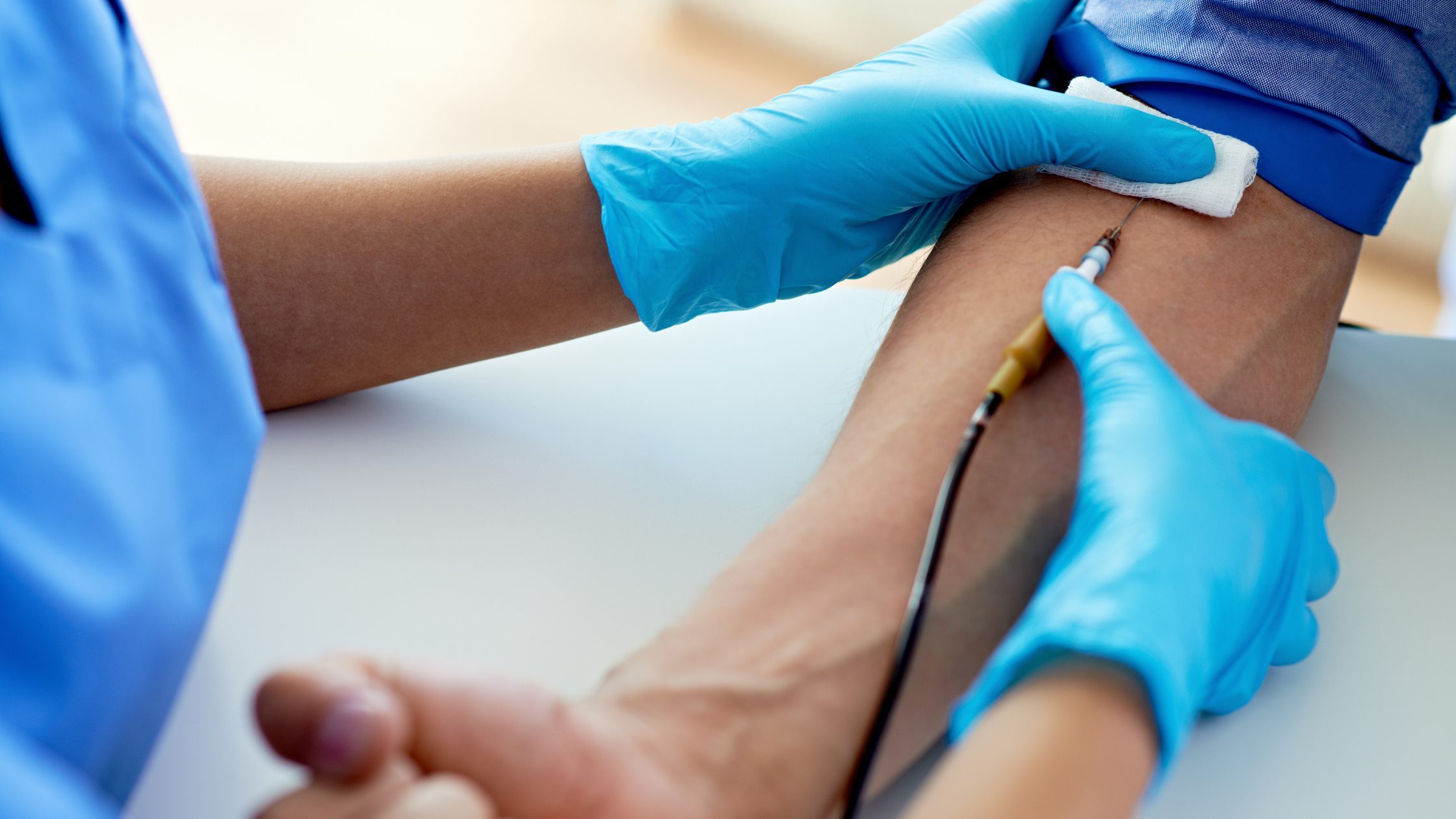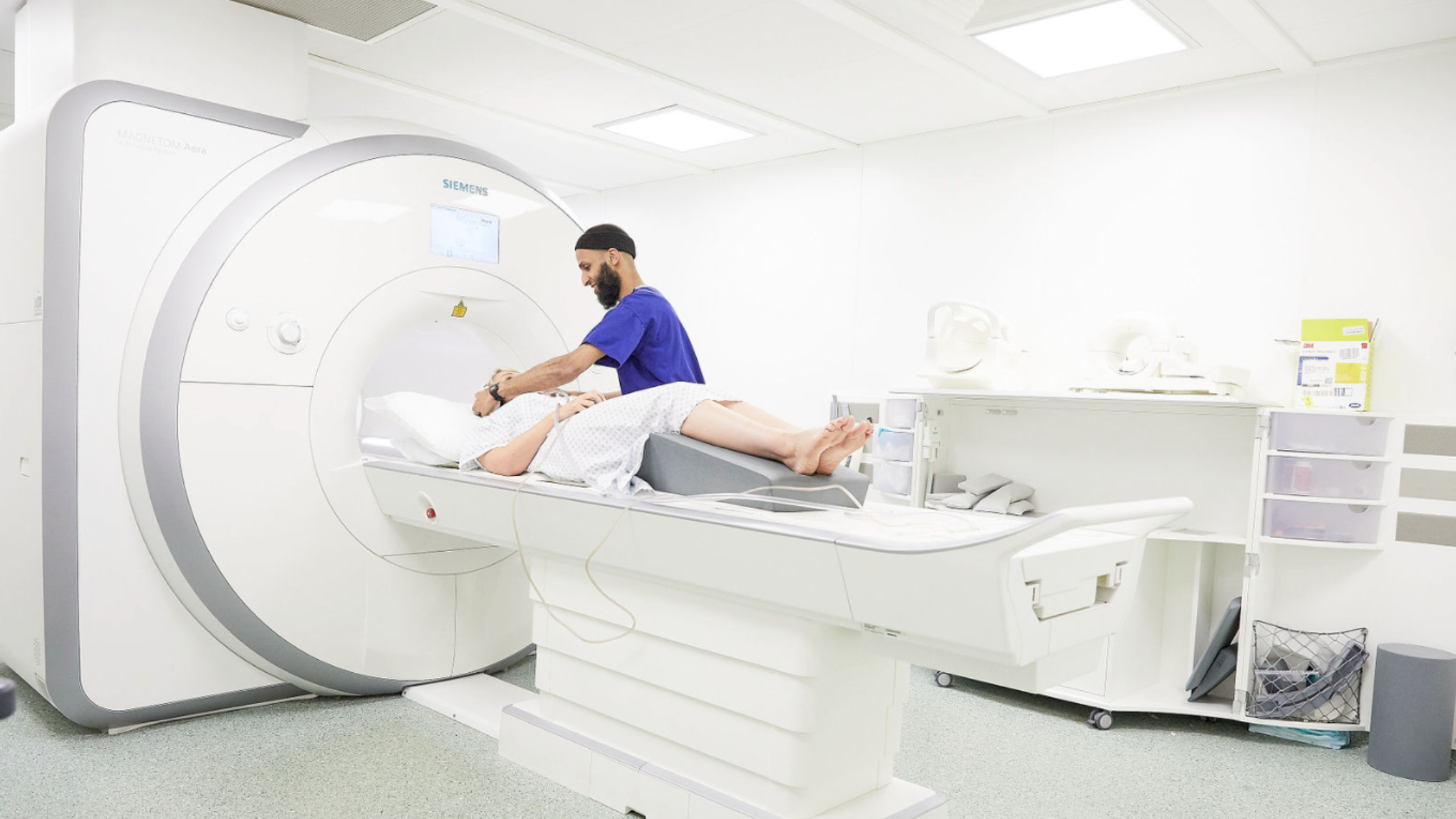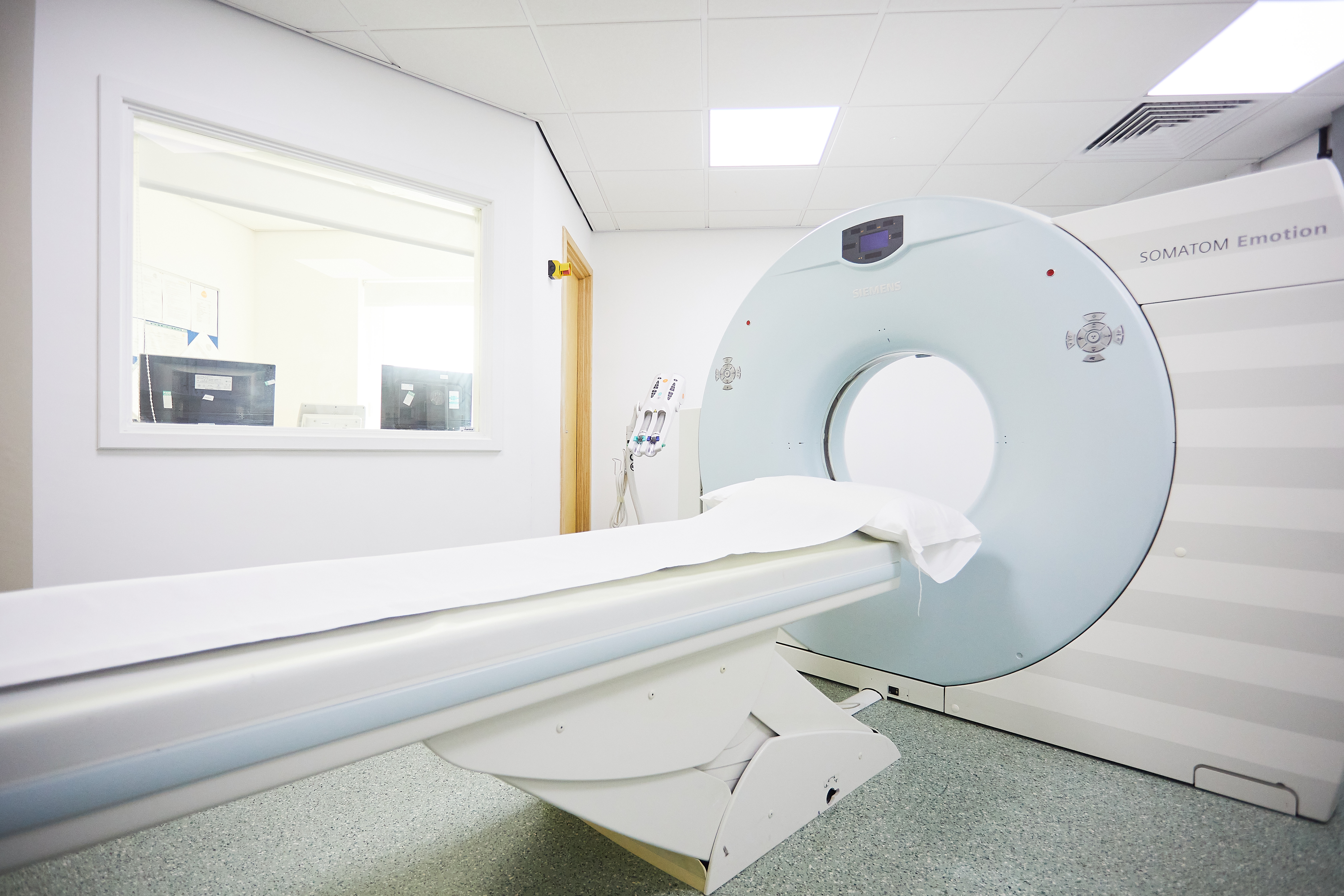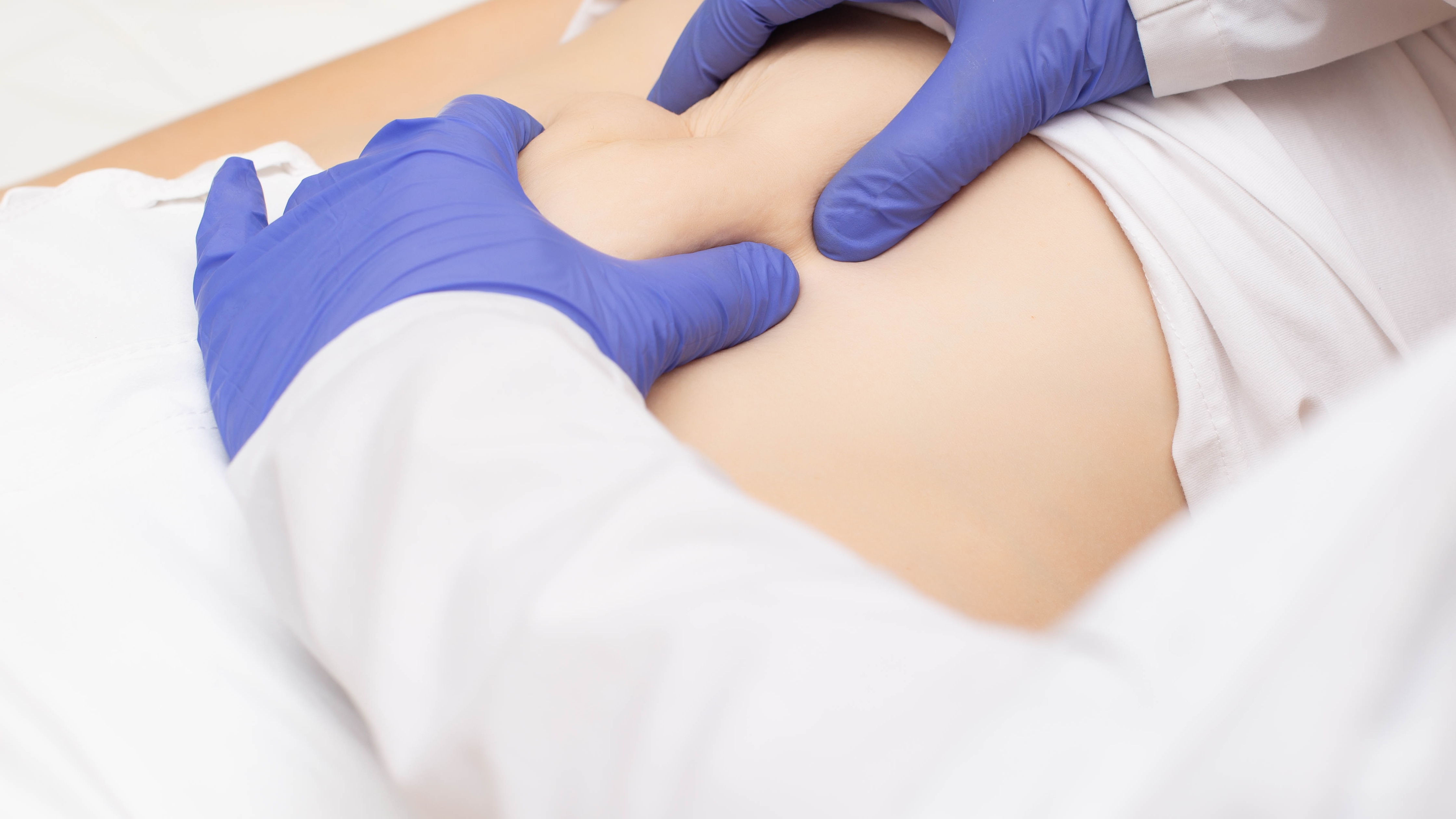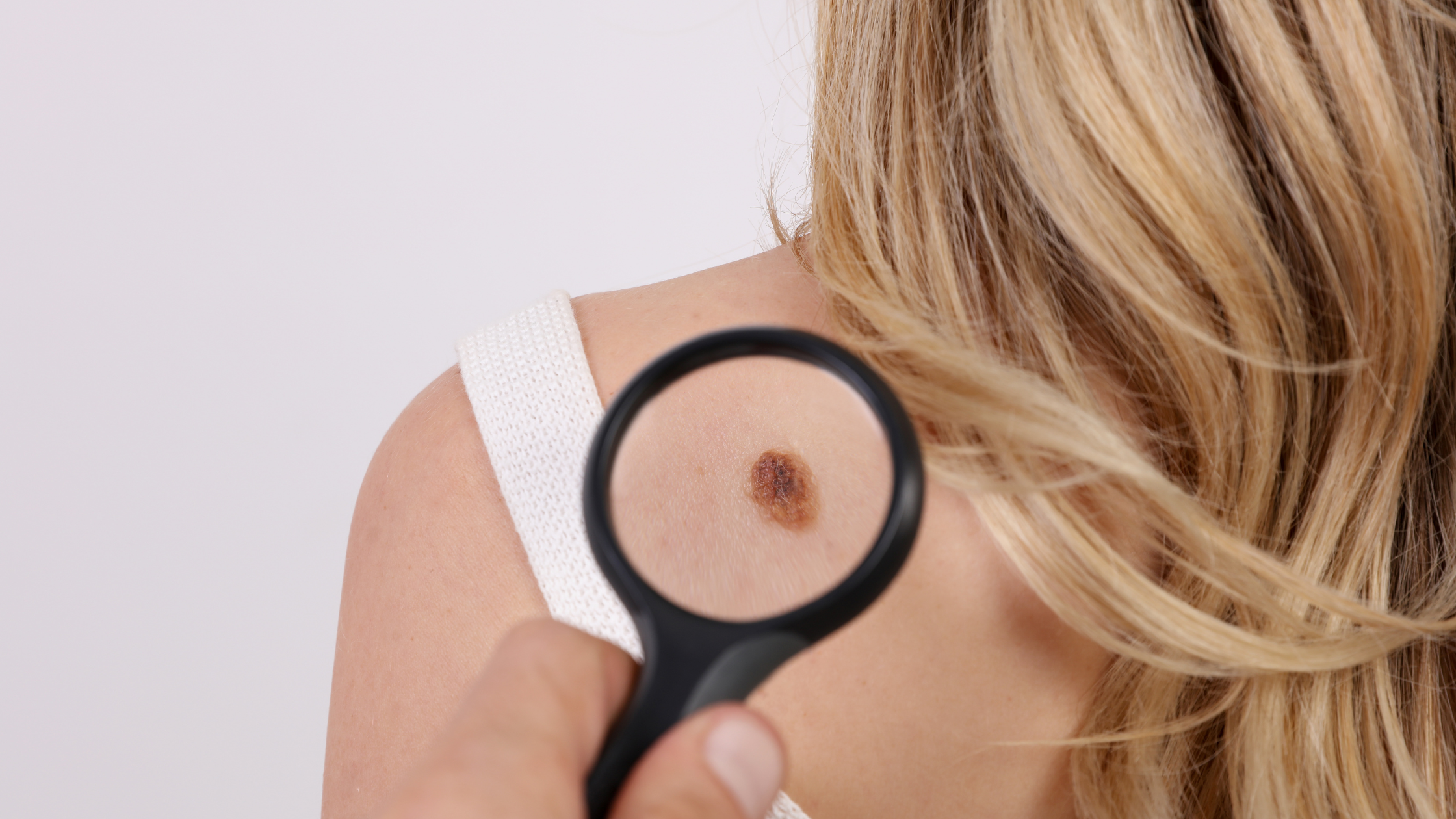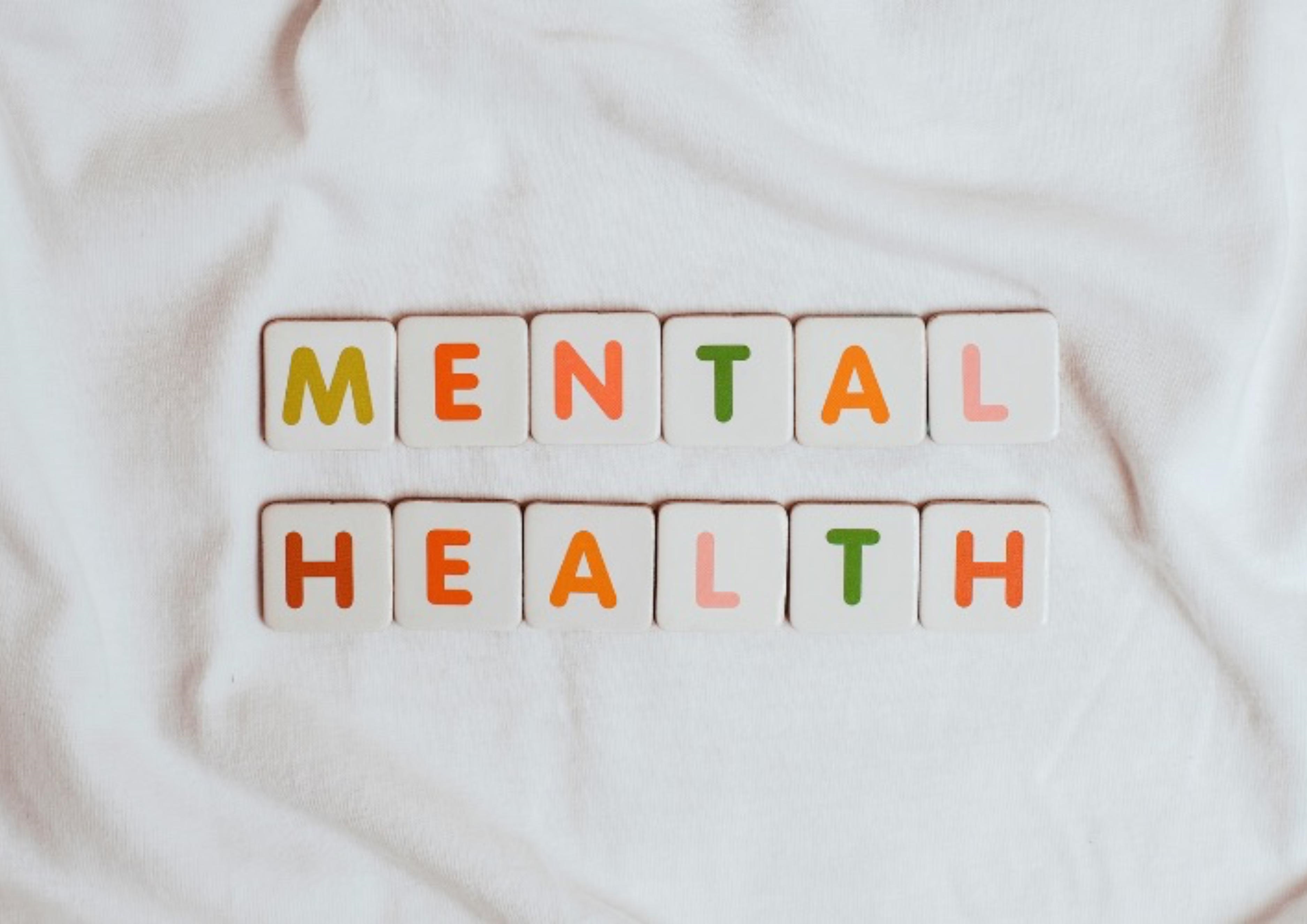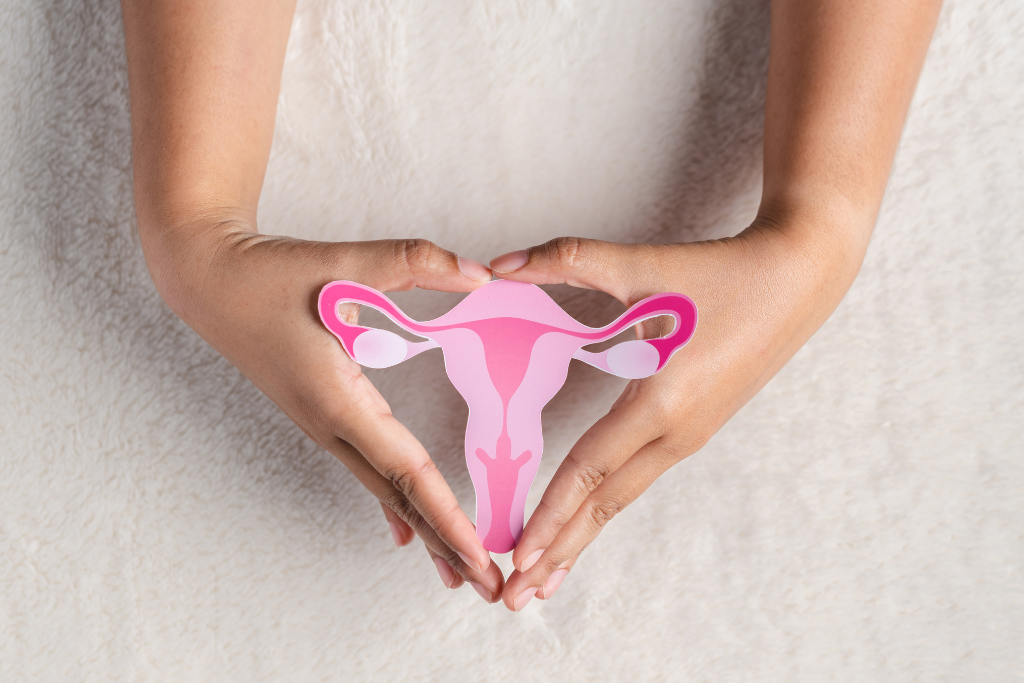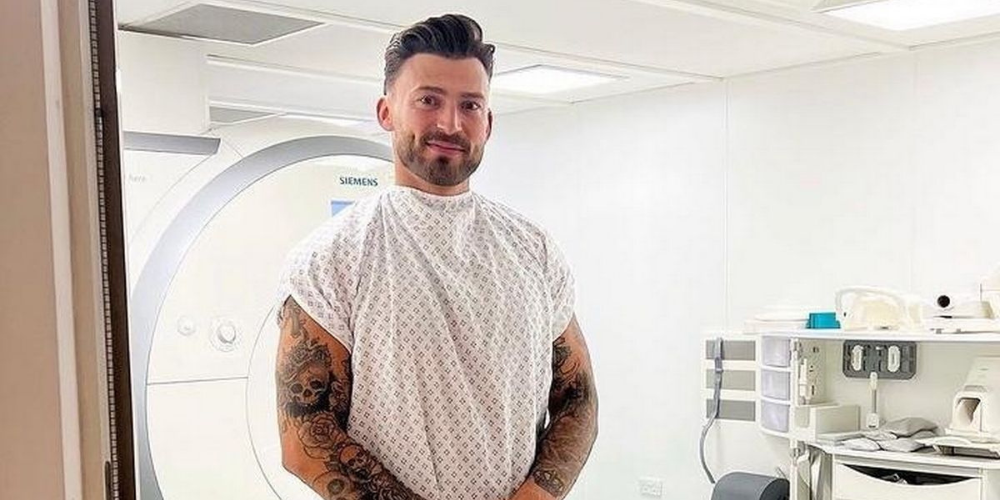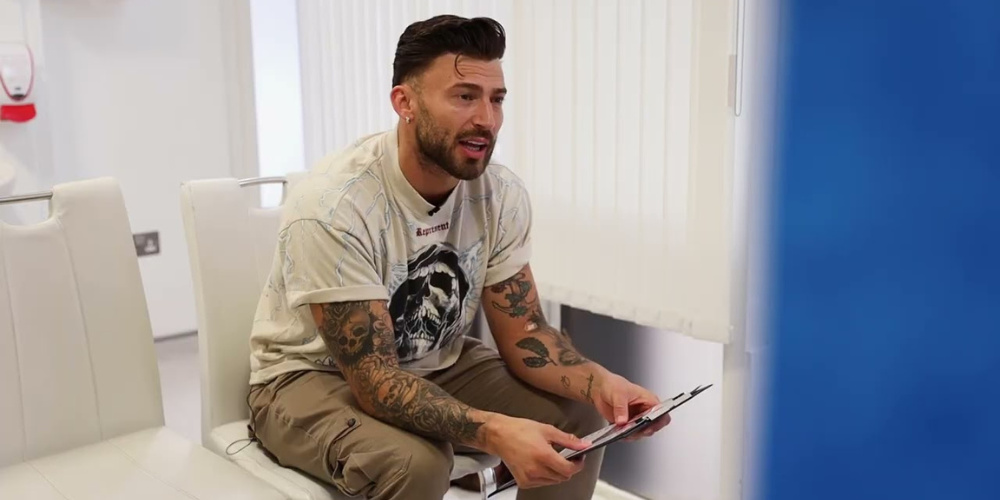Maintaining good health is a lifelong journey, and as men, our bodies go through various changes and challenges as we age. In this comprehensive guide, we'll explore the critical health issues men should be aware of in their 20s, 30s, 40s, 50s, and 60s. From testicular cancer in your 20s to prostate health concerns in your 60s, we've got you covered.
Your 20s: Testicular Cancer, STIs, Depression, and Skin Cancer
Your 20s mark the beginning of adulthood, and with it come certain health concerns that you need to be mindful of.
1. Testicular Cancer: Roughly 1 in 215 men will be diagnosed with testicular cancer at some point in their lives. While it's relatively rare, regular self-examinations can help detect any abnormalities early on.
Common testicular cancer symptoms include:
- Lump or Swelling: A painless lump or swelling in one or both testicles is often the most noticeable sign.
- Pain or Discomfort: Some men may experience a dull ache or discomfort in the scrotum or lower abdomen.
- Heaviness: A feeling of heaviness in the scrotum is also a possible symptom.
- Change in Size or Shape: The testicle may change in size or shape.
- Pain or Tenderness: Some men may feel pain or tenderness in the testicles or scrotum.
- Fluid Build-up: Accumulation of fluid in the scrotum may cause swelling.
Don't hesitate to consult a healthcare professional if you notice any changes in your testicles.
2. Sexually Transmitted Diseases (STIs): In your 20s, you're more likely sexually active with different partners. Chlamydia and herpes are also on the rise among younger men so annual STI screenings are recommended for sexually active men to ensure early detection and treatment. At Pall Mall, you can book a discreet sexual health appointment where you can get rapid STI testing and results within 20 minutes.
Here are the symptoms for three common sexually transmitted infections (STIs):
Chlamydia:
- Pain or discomfort during urination
- Unusual discharge from the genitals (clear or cloudy)
- Pain or swelling in the testicles (less common in men)
- Pain in the lower abdomen (less common in women)
- Abnormal vaginal bleeding (less common in women)
Gonorrhoea:
- Pain or discomfort during urination
- Unusual discharge from the genitals (yellow, green, or white)
- Pain or swelling in the testicles (less common in men)
- Increased vaginal discharge (less common in women)
- Rectal pain, discharge, or bleeding (if the infection occurs in the rectum)
Genital Herpes:
- Painful sores or blisters on or around the genitals, anus, or mouth
- Itching, tingling, or burning sensations in the affected area
- Flu-like symptoms, including fever, body aches, and swollen lymph nodes
- Recurrent outbreaks of sores, often milder than the initial episode
- Some individuals may carry the virus without noticeable symptoms
It's important to note that not everyone with an STI will experience symptoms, and some STIs can have serious health consequences if left untreated.
3. Depression: Rates of depression and suicide are rising among men in their 20s. It's crucial to recognise the signs of depression and seek help when needed. Don't hesitate to talk to a mental health professional or confide in a trusted friend or family member if you're struggling emotionally. It's been proven that having a pet can also be beneficial for your mental health, we would encourage people struggling with anxiety or depression to consider homing an animal.
4. Skin Cancer: Prolonged sun exposure can increase your risk of skin cancer. In your 20s, it's important to develop the habit of using sunscreen and wearing protective clothing when outdoors early on. Regular skin and mole checks with a dermatologist can help detect skin cancer early and ensure faster and more effective treatment.
Worrying symptoms of a potentially cancerous mole include:
Asymmetry: If one half of the mole doesn't match the other half in terms of size, shape, or colour.
Irregular Borders: Mole edges that are blurred, irregular, or poorly defined.
Color Changes: A mole with uneven coloring or multiple colors, such as different shades of brown, black, red, white, or blue.
Diameter: Moles larger than 6 millimeters (about the size of a pencil eraser) or any noticeable increase in size.
Evolving or Changing: Moles that change in size, shape, color, or elevation over time.
Itchiness or Pain: Moles that become itchy, painful, or tender.
Bleeding or Oozing: Moles that bleed, ooze, or crust over without apparent cause.
Your 30s: Sports Injuries and Hernias
As you move into your 30s, maintaining an active lifestyle may lead to certain health issues.
1. Sports Injuries: Staying physically active is essential in your 30's, but it can also lead to serious injuries. Hernias, in particular, become more common for men in their 30s. A hernia occurs when an internal organ bulges through a weak area or tear in the muscle or surrounding tissue. Most hernias develop in the abdomen (belly area) or groin, where the abdominal wall is weaker. Be cautious, warm up properly, and use proper techniques during sports or strenuous activities to reduce the risk of injuries.
Your 40s: Diabetes, Liver, and Kidney Health, and Hernias
Your 40s come with their own set of health concerns.
1. Type 2 Diabetes: As you enter middle age, you should monitor your blood sugar levels regularly. Type 2 diabetes can creep up, and early detection and management are crucial to maintaining good health. Many people have type 2 diabetes without realising it. This is because symptoms do not necessarily make you feel unwell however, if diabetes isn't treated, it can lead to several other health problems.
2. Liver and Kidney Function: Pay attention to your liver and kidney health, especially if you have a history of alcohol consumption. Regular check-ups with your doctor can help monitor these vital organs and flag any worrying levels early. Blood tests are not only a way of helping to monitor pre-existing conditions, but they can also shed light on your overall health, and even help discover any asymptomatic or underlying conditions before they become a problem.
3. Hernias: Hernias can occur at any age but become more prevalent in your 40s. Maintain a healthy weight and engage in exercises that strengthen your core to reduce the risk of hernias from occurring.
Your 50s: Prostate Health
Your 50s bring increased concern for prostate health.
1. Prostate Health: Prostate issues, including prostate cancer, become more common for men during this age group. Regular prostate screenings and discussions with your doctor are essential as early detection can significantly improve quality of life.
Prostate cancer symptoms can include:
- Urinary changes like frequent urination, weak flow, or pain.
- Erectile dysfunction.
- Pain in the lower back, hips, or thighs.
Not all prostate checks have to be uncomfortable, we provide a PSA blood test that can detect your PSA levels in the bloodstream and offer an assessment of your risk of developing prostate cancer.
Your 60s and Beyond: Aging Gracefully
In your 60s and beyond, maintaining overall health and wellness is essential.
1. Heart Health: Cardiovascular issues become more common with age, such as strokes and heart attacks. Pay attention to your diet, exercise regularly, and manage stress to keep your heart healthy during this age bracket. Our private cardiologists can help manage your heart health with a range of services and treatments from ECG tests, CT scans and 24-hour blood pressure monitoring.
2. Bone Health: Osteoporosis is not just a concern for women. Men are also at risk as they age. Ensure an adequate intake of calcium and vitamin D and engage in weight-bearing exercises to maintain bone density. Sitting down for extended periods of time can cause muscle weakness and several other health problems.
3. Mental Health: Mental health remains important throughout your life. As you age, you are faced with a lot of heavier decisions, more responsibility and more often grief of close loved ones. Stay socially active, seek emotional support when needed, and engage in activities that stimulate your mind regularly.
4. Regular Check-Ups: Regular health check-ups become even more critical in your senior years. Your doctor can help you manage any chronic conditions and provide guidance on maintaining your health as you age. We offer health screens for all ages to provide you with greater peace of mind and the opportunity to transform your quality of life. Aches and pains may seem insignificant but can lead to more complex issues if left untreated.
As men, our health needs change as we progress through different stages of life. By staying informed about the specific health issues that can arise in each decade of your life, and by taking proactive steps to address them, we can ensure that we lead healthier, more fulfilling lives. Remember, it's never too early to start prioritising your health, and it's never too late to make positive changes. Your future self will thank you for it.




